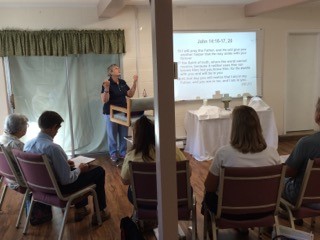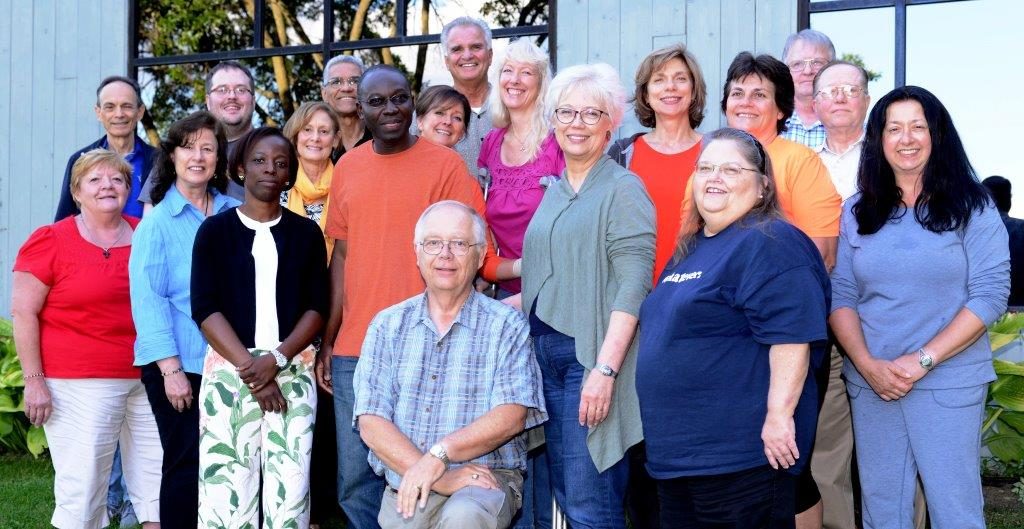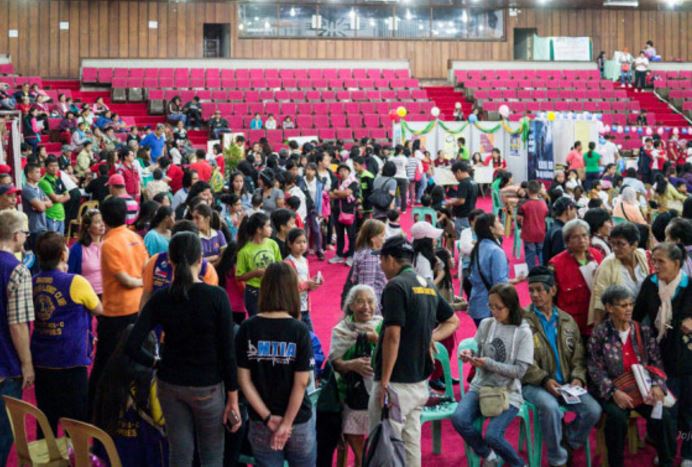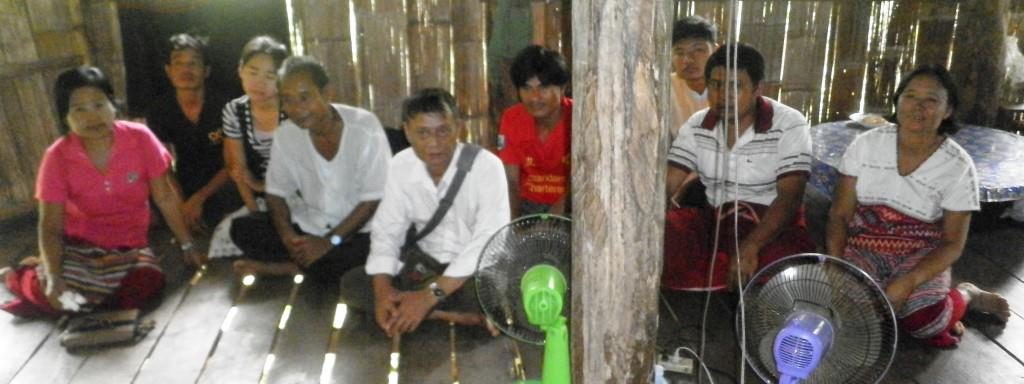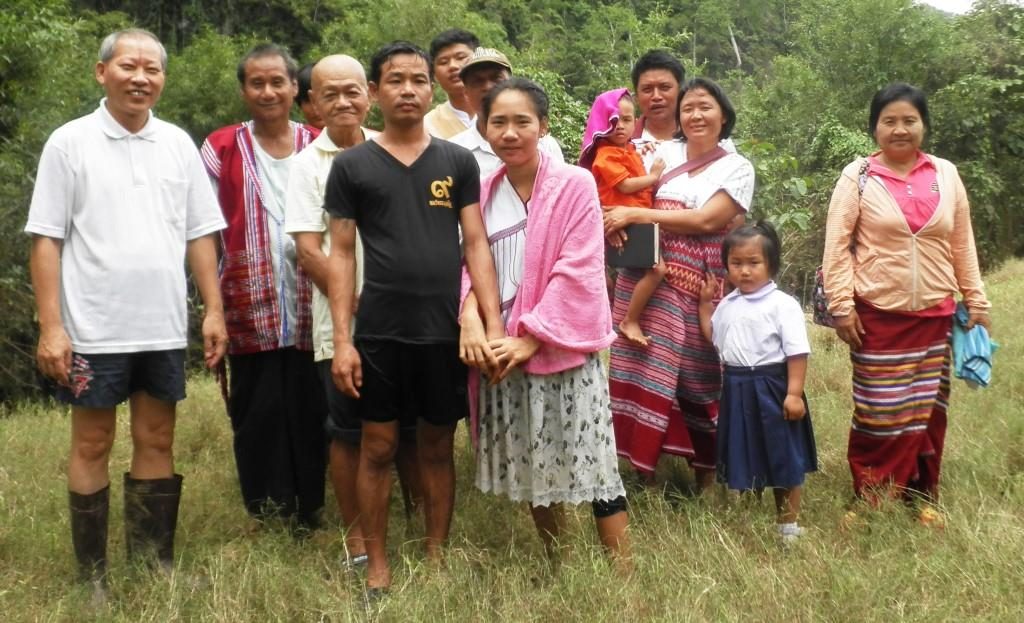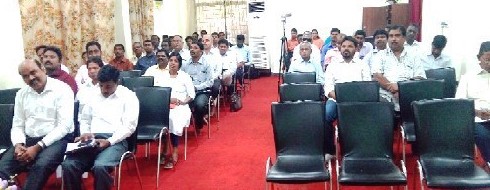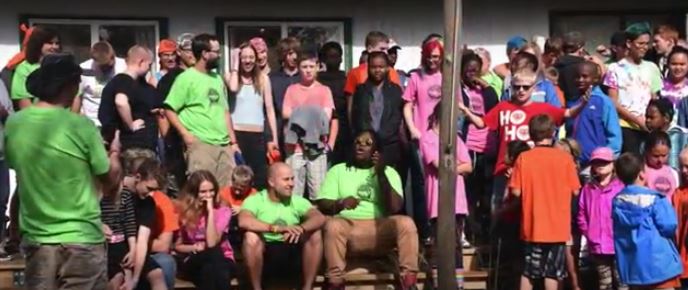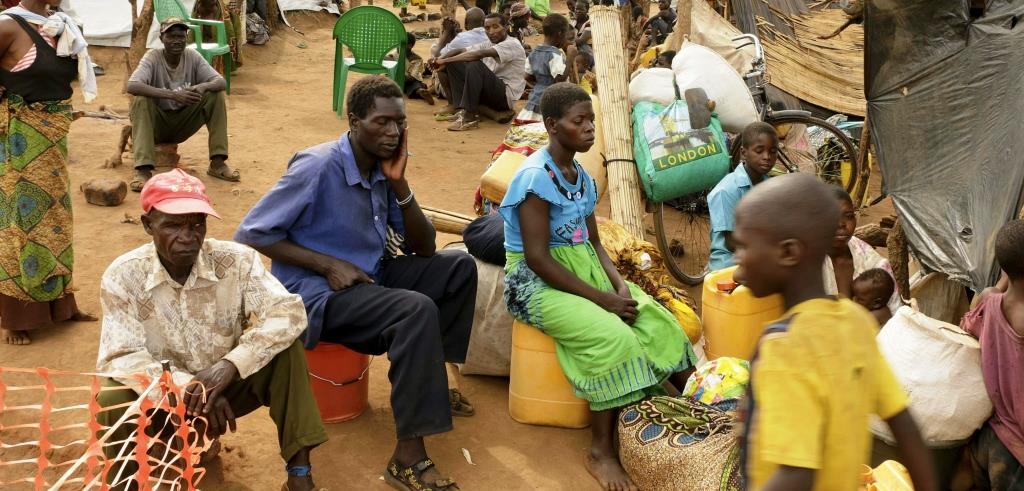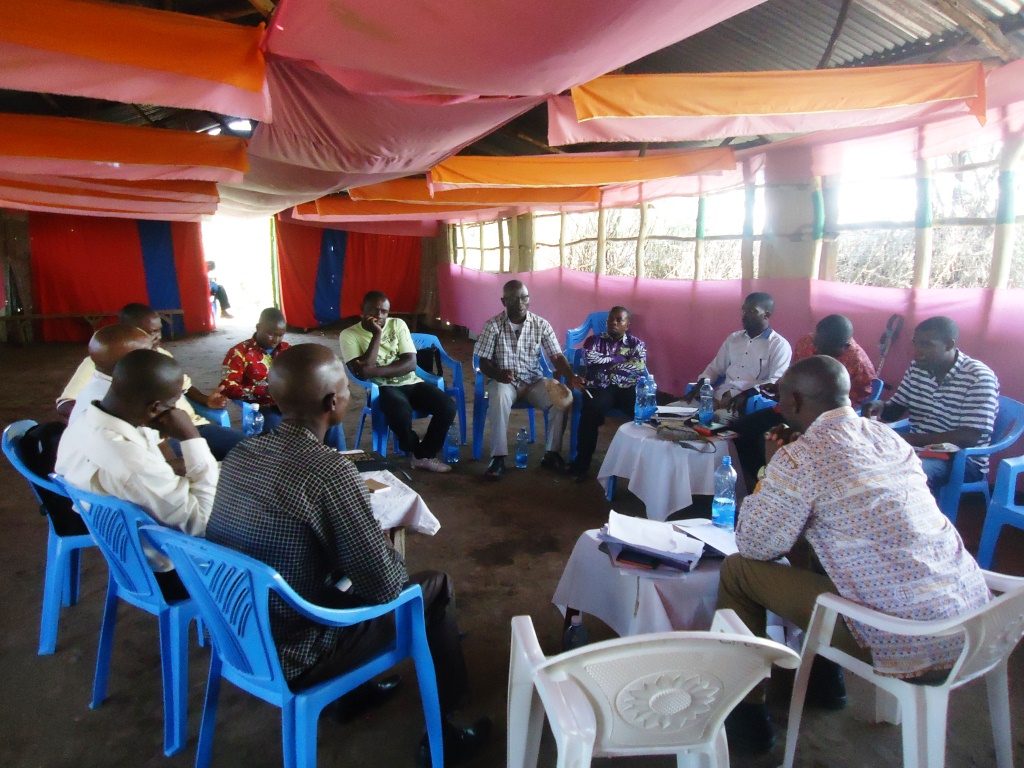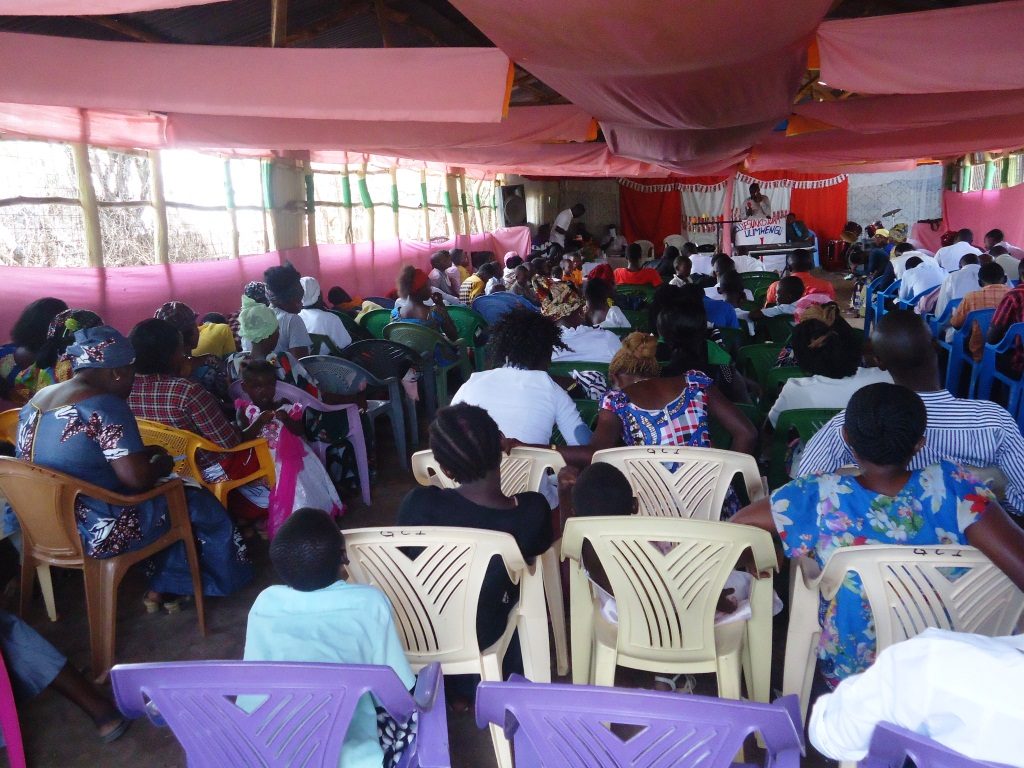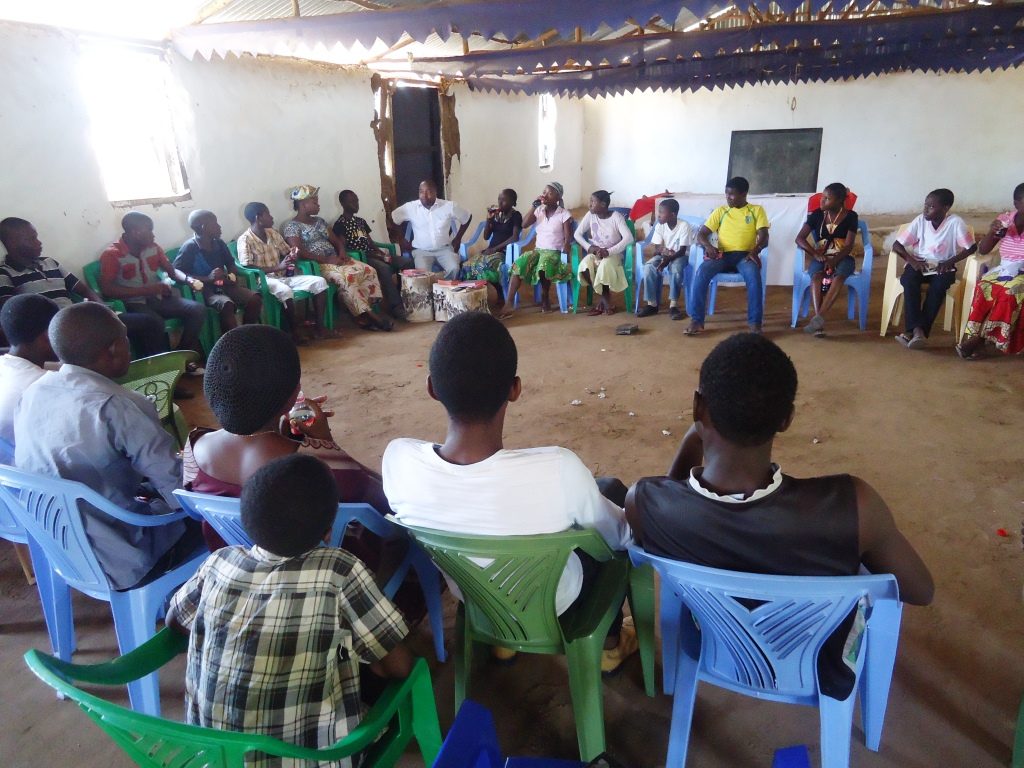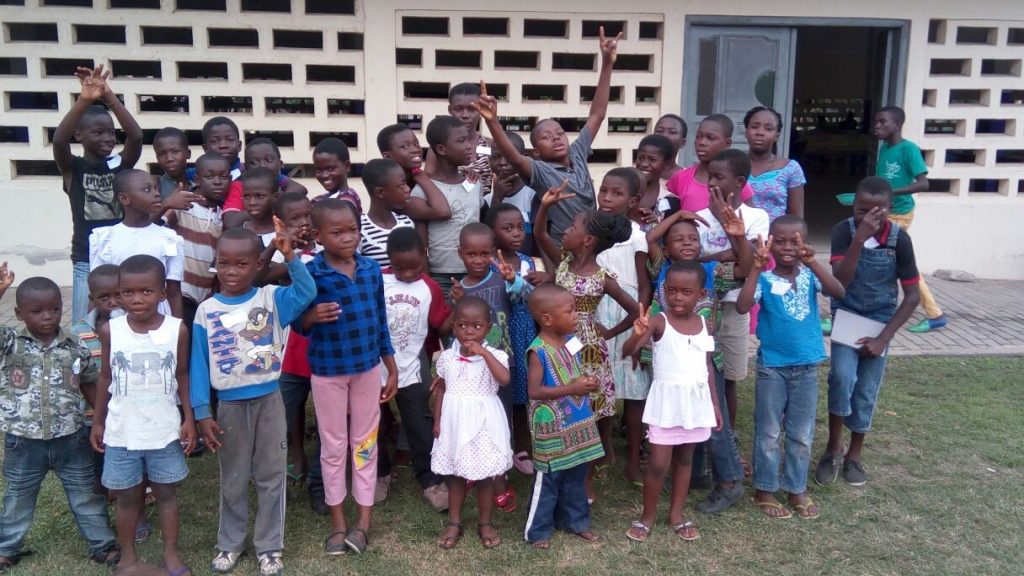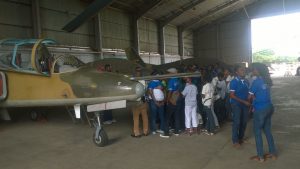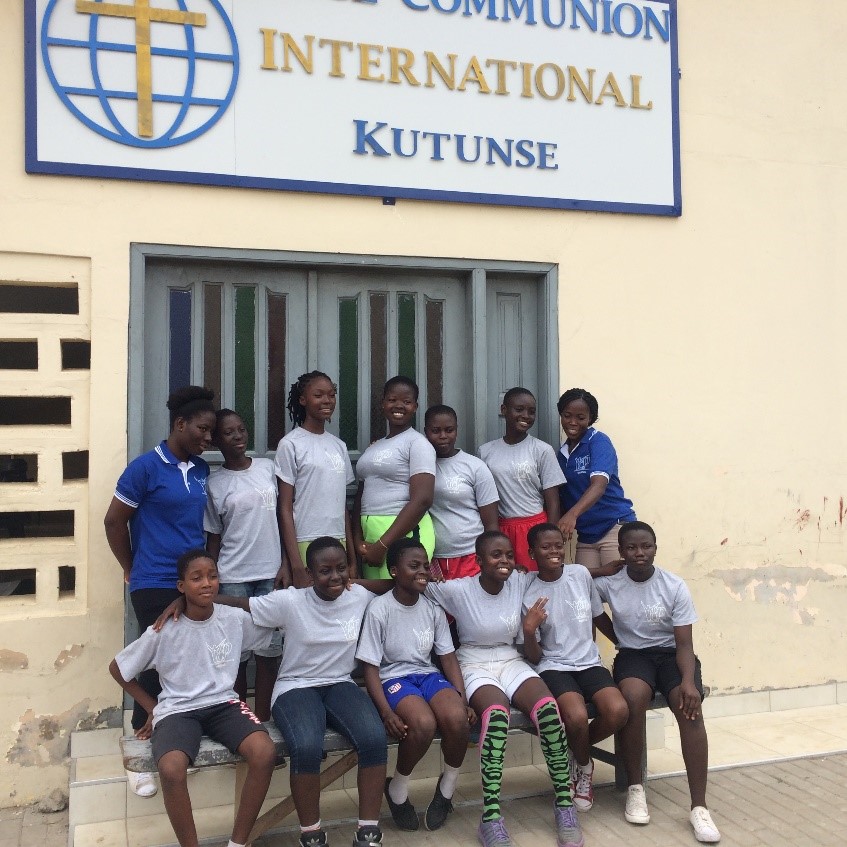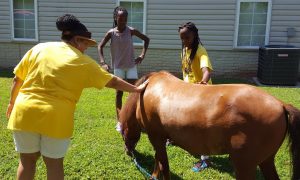This report is from Jeff McSwain, National Coordinator of the GCI-USA Ministry Development Team.
A group of us recently met in Durham, North Carolina, for GCI’s third annual Orientation for U.S. Interns and Pastoral Residents. In addition to these young emerging leaders, Orientation participants (pictured below) included sponsoring pastors, coaches and various members of GCI’s Church Administration and Development (CAD) team.
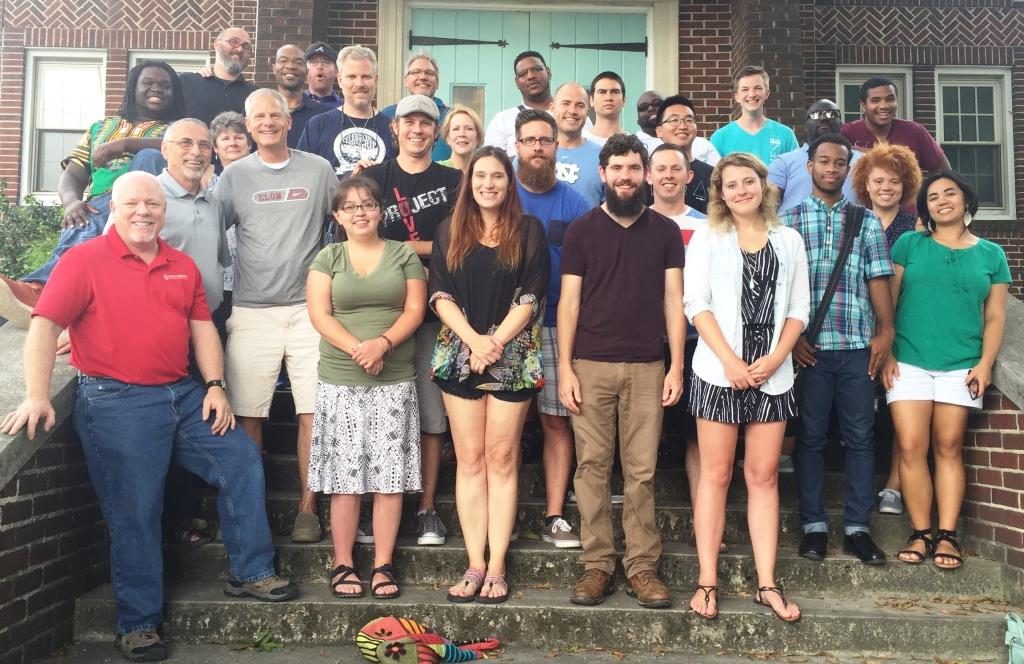
Interns
The women and men participating in the GCI-USA Intern Program are given a chance to explore vocational options in a two-year-long Christian discipleship program that combines higher biblical-theological education with hands-on, practical ministry leadership experience. Instead of spending hours on administrative tasks or other pastoral duties such as preparing sermons and doing hospital visits, our Interns spend their time “outside the walls” of our churches, engaging with their communities through some sort of outreach-centered ministry expression.
Pastoral Residents
Those serving as Pastoral Residents (apprentice pastors) have either graduated from the Intern Program or come to us with extensive ministry experience. Other than age and experience, the Pastoral Residents are just a step away from being assistant pastors, senior pastors or church planters. A pastoral residency is a time when these women and men shadow an experienced senior pastor, doing the things and learning the patterns that are typical in the life of a pastoral minister.

 I’m thrilled to report that after two years of vocational exploration in our first class of Interns, Jillian Caranto and Andy Rooney (pictured at right) have felt led to pursue the next step, which is to serve as Pastoral Residents. We congratulate them both!
I’m thrilled to report that after two years of vocational exploration in our first class of Interns, Jillian Caranto and Andy Rooney (pictured at right) have felt led to pursue the next step, which is to serve as Pastoral Residents. We congratulate them both!
Comments and pictures
The time we experienced together in Durham was truly rich. It was a blessing to hear first-time attendee Lauren Reierson say she felt rejuvenated and loved—ready to get out and engage with her community. That’s what we were shooting for! Following are additional comments and pictures from our 2016 Orientation.
From the inspiring worship, to the intimate breakouts, to the laughs during meals, the 2016 Orientation was unlike any of the others I’ve attended. There is a newfound level of spiritual rapport and healthy camaraderie between the Interns and Pastoral Residents, which is only a taste of what the Holy Spirit is doing for the future of GCI and its young leaders! (Jillian Caranto, Pastoral Resident with Pastor Bermie Dizon)
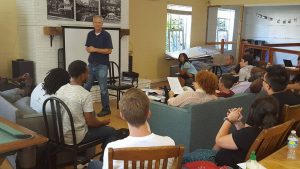
I’ve been taught to look at the kingdom of God as “already-not yet,” but it often seems a lot more “not yet” than “already.” That wasn’t true at Orientation! It was so encouraging to be immediately loved and accepted by such an incredible group of people. (Justin Cole, 1st year Intern with Regional Pastor Randy Bloom)

It was great to be able to dig into the theology of GCI a little more, and to ask questions and get a better general understanding. The most impactful thing for me was the experience of authentic community. I’ve always been aware of the inclusive community that GCI fosters, but it still astounds me every time how amazingly loving and accepting we are. In a moment when I was truly afraid and deeply doubting God’s calling for me, my community, my family, immediately surrounded me. It showed me that I’m not called on my own. God, through his Holy Spirit, is with me AND doing the work for me! It also showed me that God has blessed me with an incredible community who will have my back and point me back to Jesus when I am afraid. (Xiara Lee, 1st year Intern with Pastor Tim Brassell)
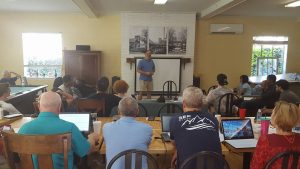
It was a unique experience of learning about the Intern Program through deep fellowship, theological engagement and seeing awe-inspiring examples of those theological commitments lived out in the Durham area. It was challenging, fun and moving. (Eddie Lowe, 2nd year Intern with Pastor Dishon Mills)

Getting together with my GCI brothers and sisters under the banner of Jesus was amazing! Our future as a denomination is so bright! There was so much love there! (Ceeja Malmkar, Pastoral Resident with Pastor Mike Rasmussen)
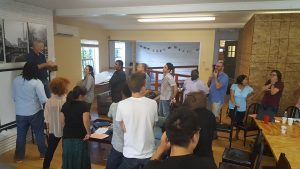
The young adults involved reveal a bright future for GCI. They truly are sold-out for the Trinitarian theology described in Scripture and will no doubt gain (and teach) a much deeper understanding of this Good News as time goes on. What a gift! (Associate Pastor Mike Urmie)
Momentum building
At this Orientation I saw powerful, Holy Spirit momentum building in the ranks of our younger generations. My friend Greg Williams, Director of our CAD team, saw it too. Here are his reflections on the 2016 Orientation:
I was overwhelmed by the variety, depth, personalities, talents and passion of these young women and men. They expressed deep love for the Lord and deep bonding with one another. They are so smart—it’s almost intimidating—yet they are personable and fun-loving. GCI is blessed to have these young people in our circle of trust and love. I invite the churches who host them to make space in their hearts and ministries to allow them to grow and shine. Our Interns and Pastoral Residents are a huge part of the renewal movement happening within GCI. Thank you Holy Spirit for joining them with us!
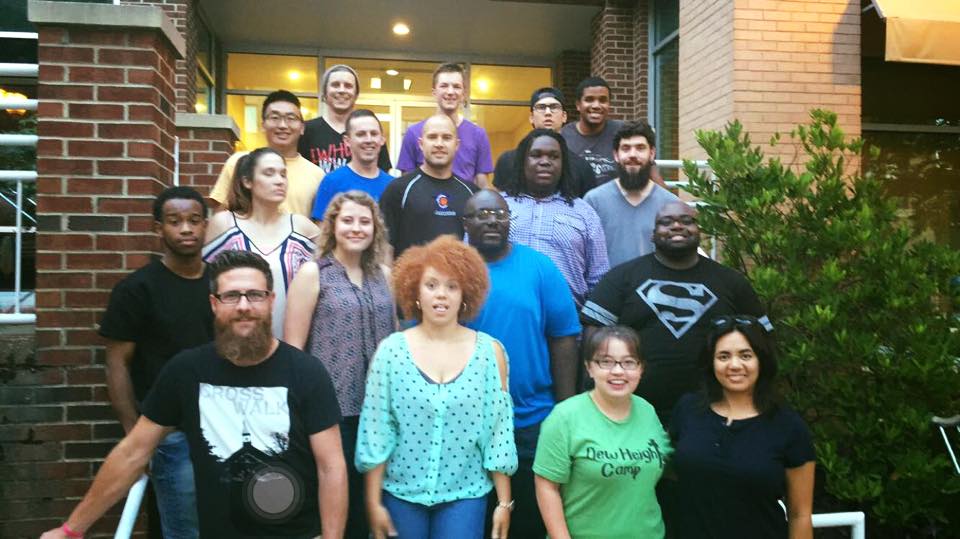
On to GCnext
GCnext is about planting seeds for GCI’s next generation. Toward that end, we will be holding a GC Next gathering in Durham over the upcoming Martin Luther King holiday weekend (January 13-16, 2017). The event, which will gather 18-28 year-olds from across our GCI nation, is led by Andy Rooney and our other Pastoral Residents. Many of us sense that it will be another pivotal moment in the development of future GCI leaders. Click here for additional information, including registration.
We want to express our thanks to the congregations that are financially supporting our Intern and Pastoral Resident Programs through donations to our GCnext fund. The fund also supports the GCnext work of Generations Ministries and Church Multiplication Ministries. If your congregation would like to join in, click here to learn about the fund, which advances our GCnext vision and mission.

